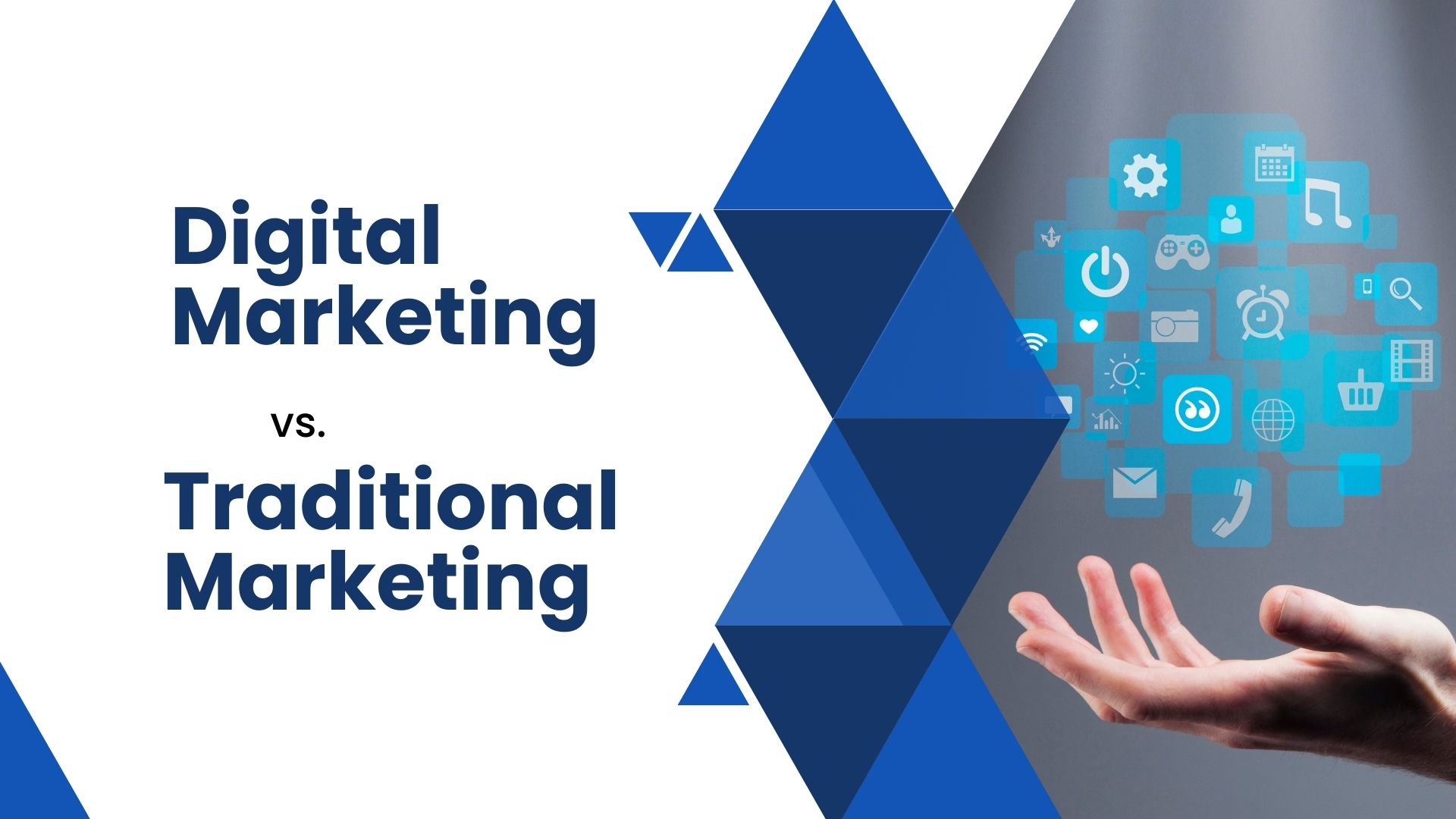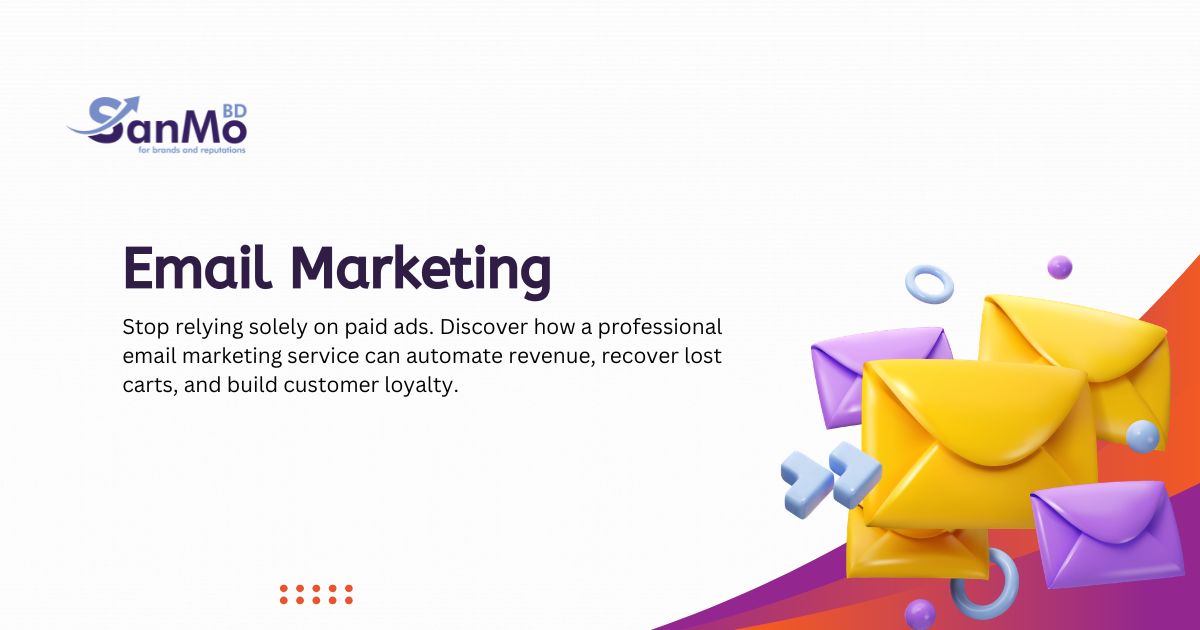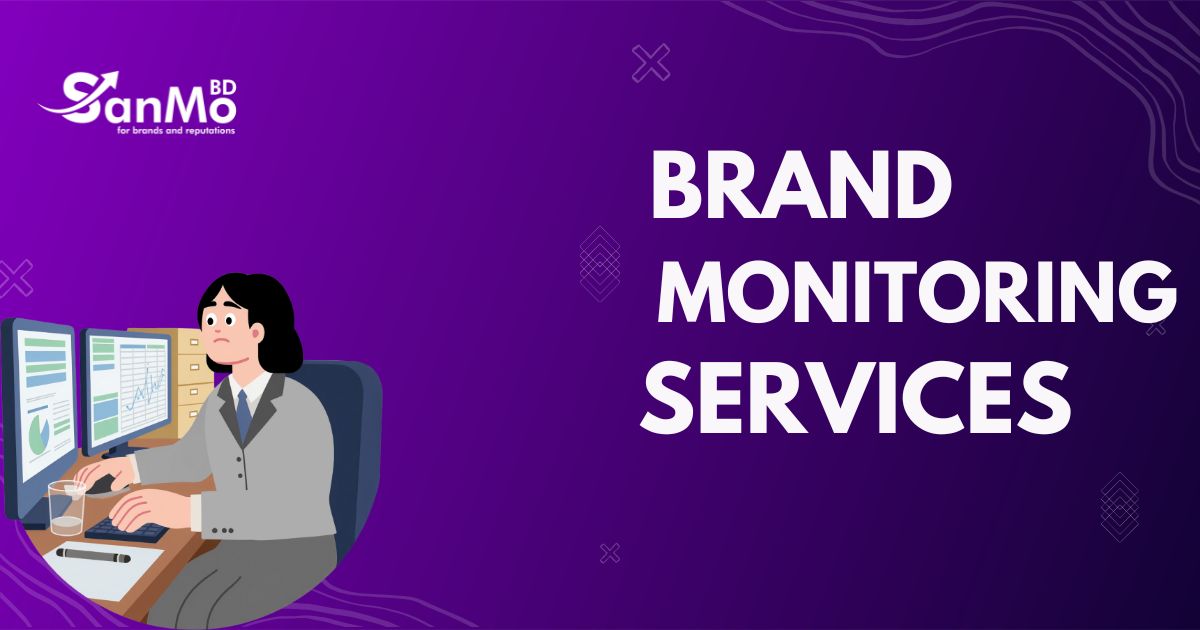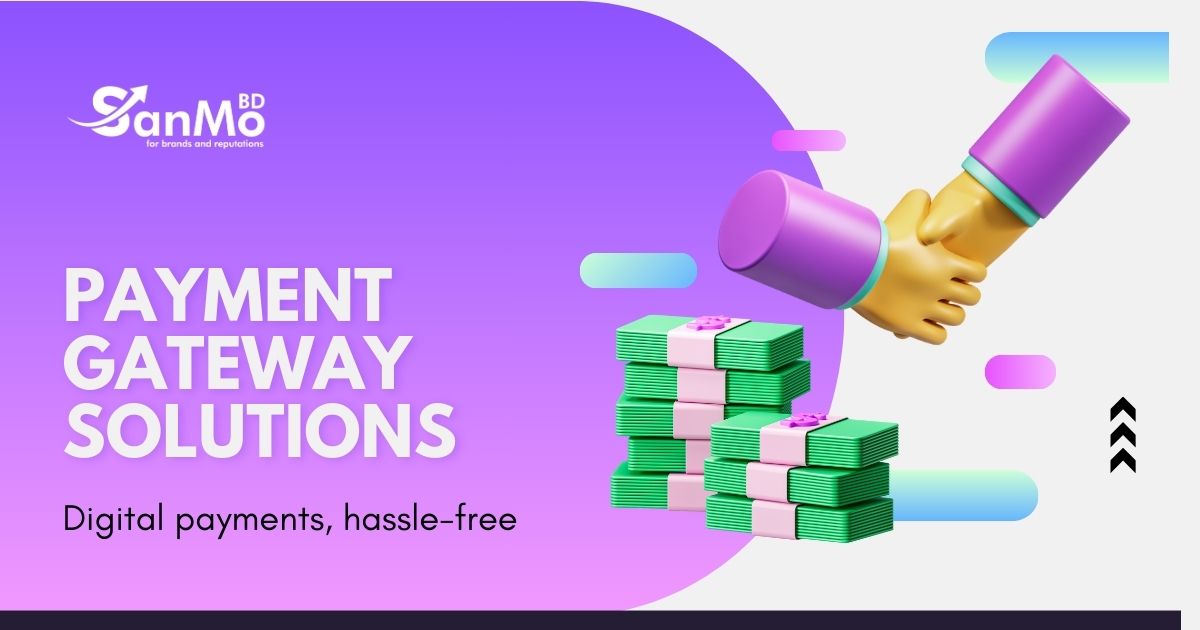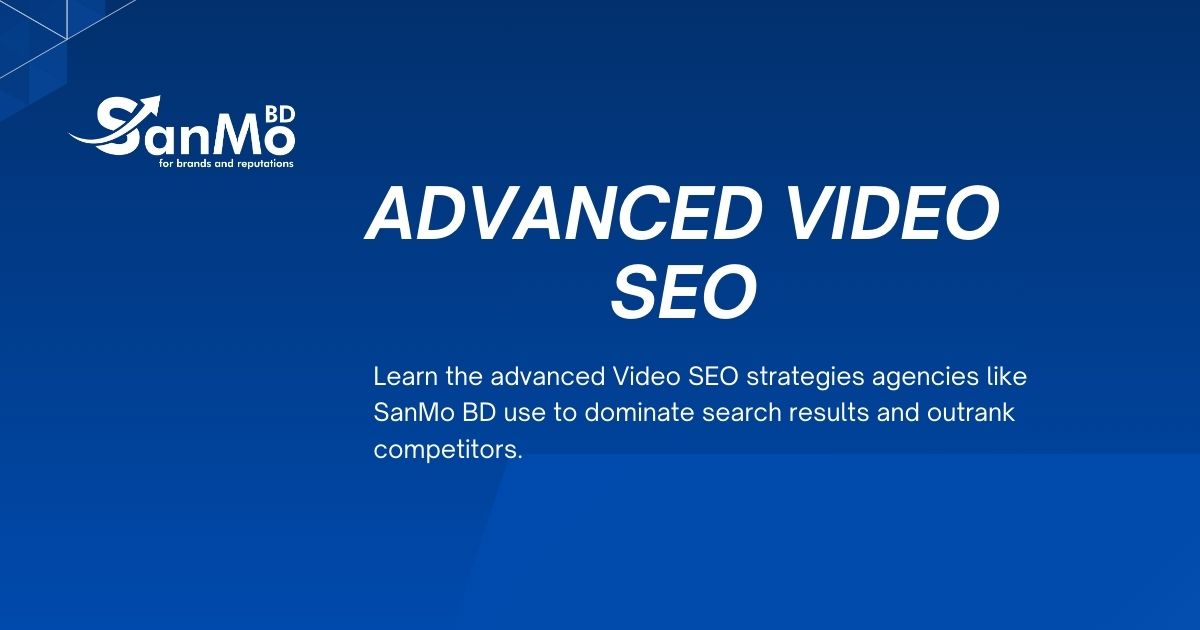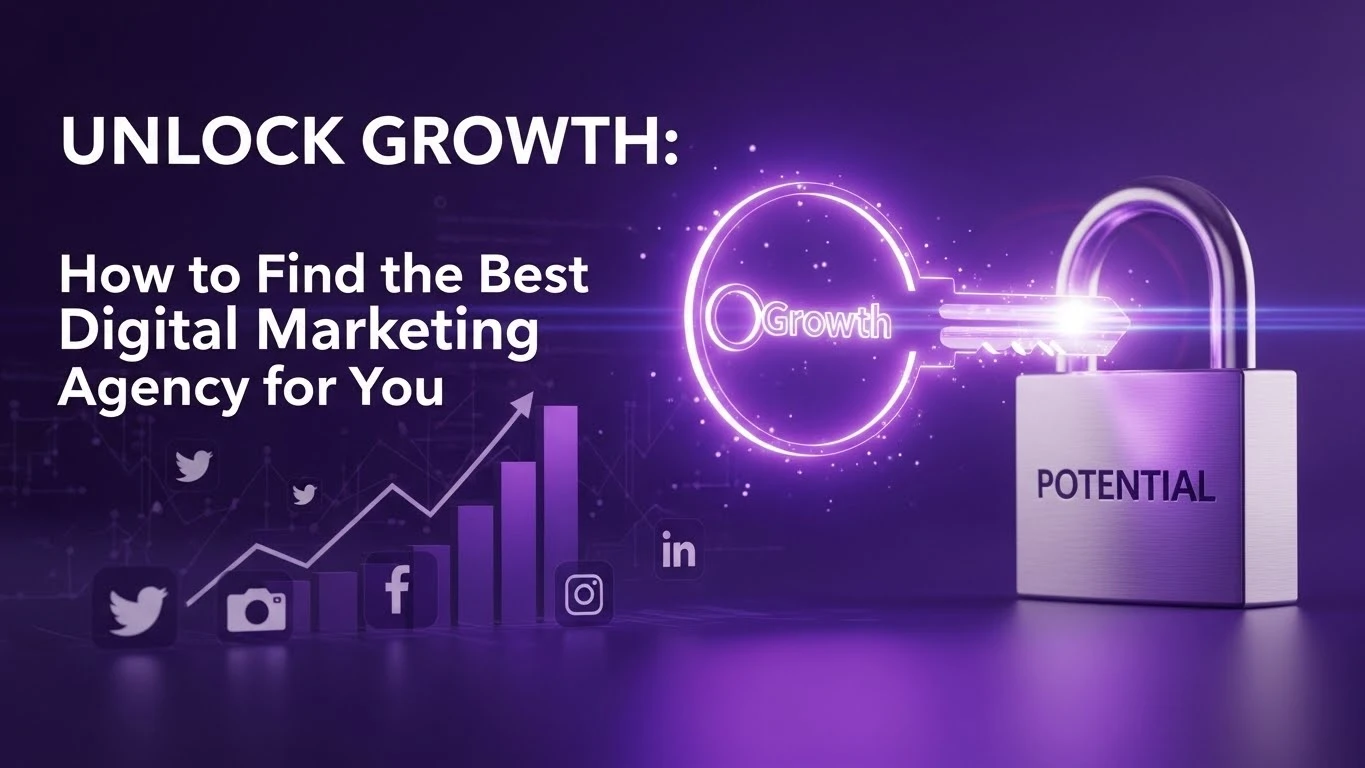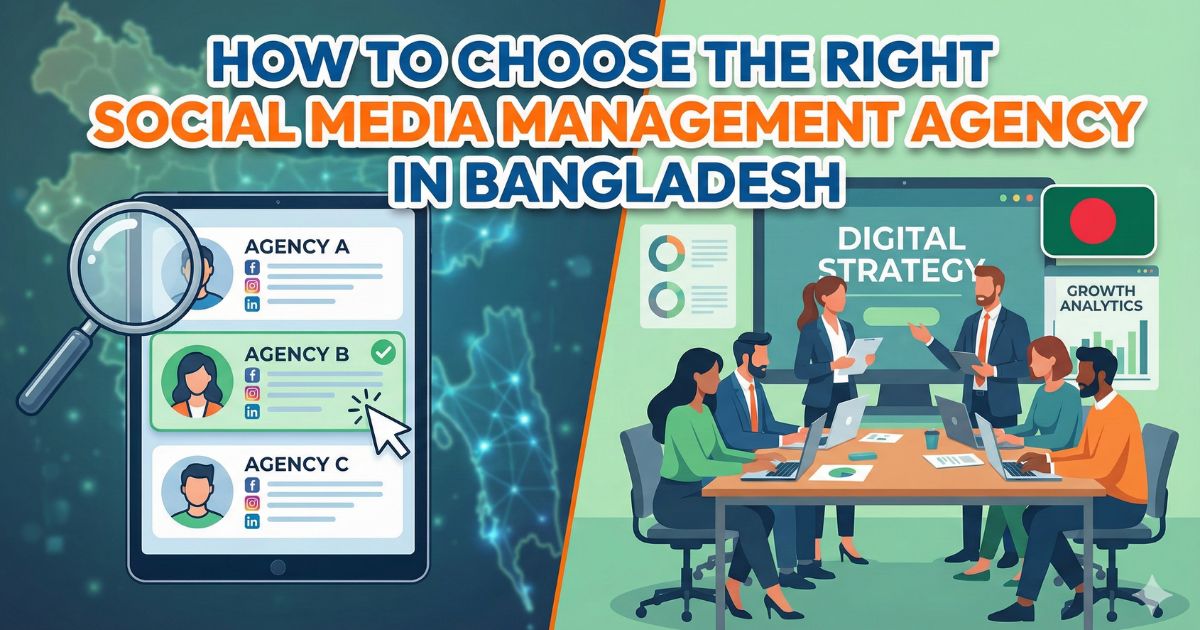Marketing has always been the foundation of business growth. Whether you are running a small local shop or managing a multinational company, reaching the right audience and communicating your value is essential. Over the years, marketing methods have evolved dramatically, leading to two dominant approaches: traditional marketing and digital marketing.
Many business owners struggle to decide which one to choose. Should you stick to the tried-and-tested methods like billboards and TV commercials? Or should you focus on digital strategies such as search engine optimization (SEO) and social media marketing?
In this article, we will provide a detailed comparison of digital marketing and traditional marketing, highlighting their strengths, weaknesses, and practical use cases. By the end, you will have a clear understanding of which strategy is best suited for your business.
Understanding Traditional Marketing
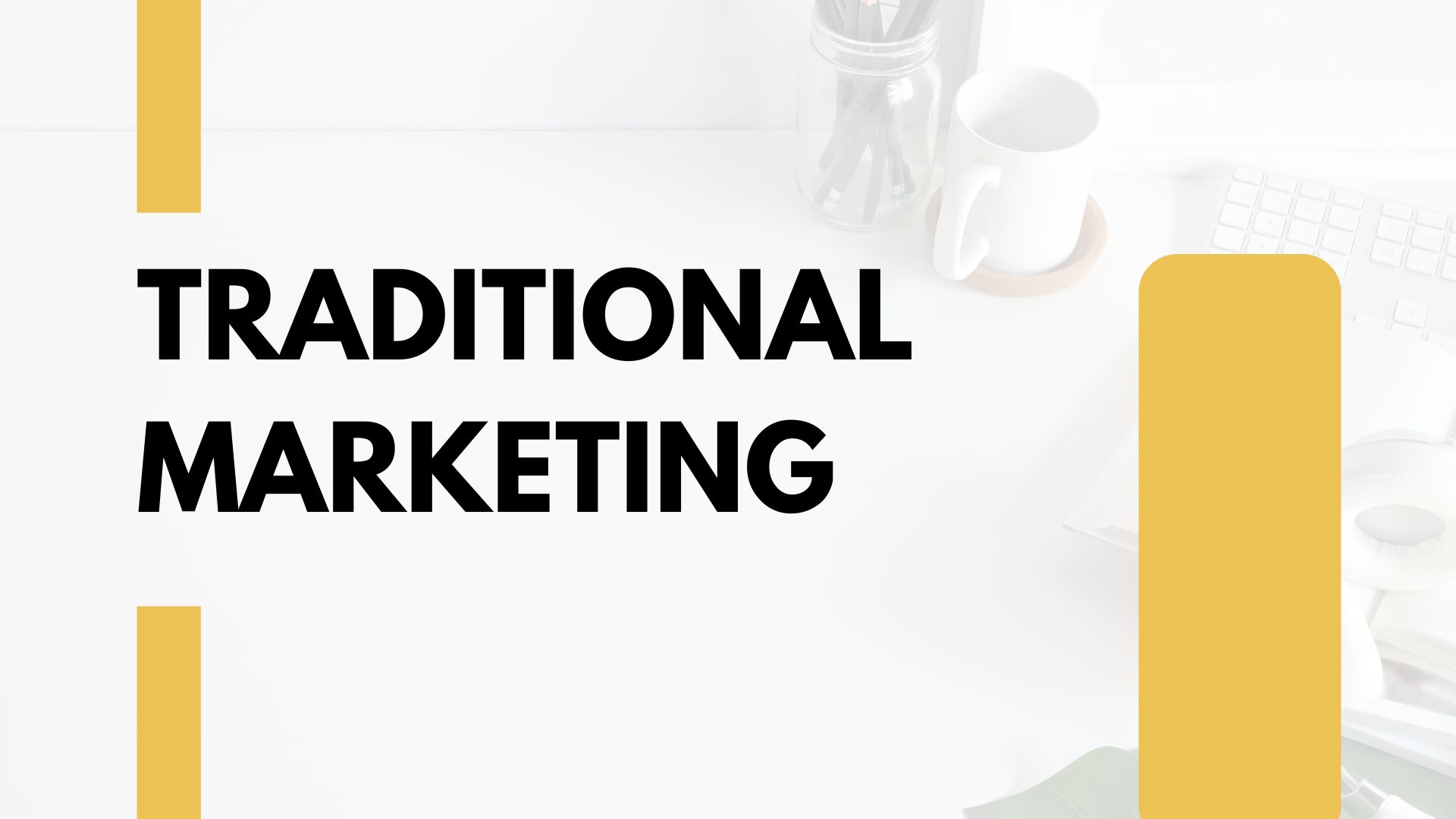
Traditional marketing refers to promotional activities that do not involve digital channels. It has been the standard approach for decades, long before the internet transformed how businesses communicate with customers.
Common examples of traditional marketing include:
-
Television and radio commercials
-
Newspaper and magazine advertisements
-
Flyers, brochures, and posters
-
Billboards and outdoor advertisements
-
Direct mail campaigns
For example, a local restaurant in Dhaka might run a TV commercial during evening prime time to reach families watching popular shows. Similarly, a real estate company might invest in large billboards across major highways to build brand awareness.
While traditional marketing may seem old-fashioned compared to today’s digital techniques, it still plays an important role in certain industries and audiences.
Understanding Digital Marketing

Digital marketing, on the other hand, refers to promotional activities conducted online. With the rapid adoption of the internet and smartphones, digital marketing has become one of the most effective ways to reach and engage customers.
Key digital marketing strategies include:
-
Search Engine Optimization (SEO): Optimizing websites to rank higher on Google and other search engines.
-
Social Media Marketing: Promoting products and services through Facebook, Instagram, LinkedIn, TikTok, and other platforms.
-
Pay-Per-Click (PPC) Advertising: Running ads on Google, Facebook, or YouTube where you pay only when users click.
-
Email Marketing: Sending personalized messages and offers directly to customers’ inboxes.
-
Content Marketing: Creating blogs, videos, and infographics to educate and attract customers.
For example, an e-commerce store in Bangladesh can run Facebook ads targeting people between the ages of 20-35 who are interested in online shopping. This level of targeting and cost efficiency makes digital marketing highly attractive for small and medium-sized businesses.
Comparison Between Digital Marketing and Traditional Marketing
To help you make an informed decision, the table below highlights the key differences between digital marketing and traditional marketing. This comparison covers aspects such as reach, cost, targeting, engagement, and campaign tracking, giving you a clear understanding of which strategy may work best for your business.
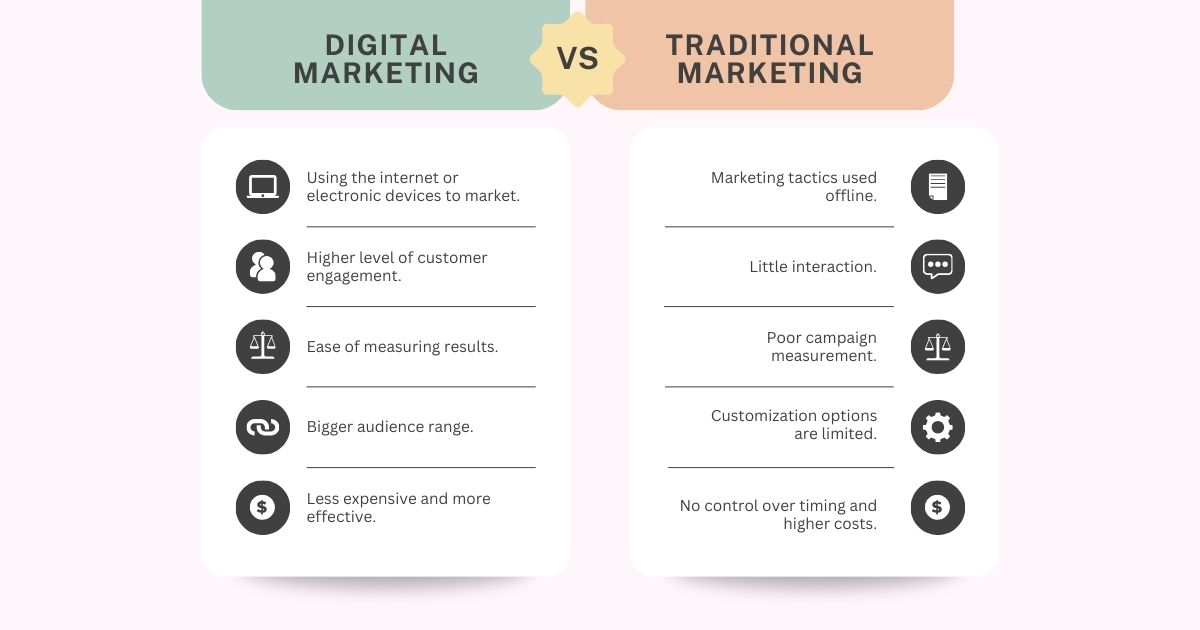
Advantages of Traditional Marketing
-
Tangible and Memorable
Printed brochures, flyers, and billboards often stay in front of customers longer than digital ads, which can disappear quickly in a crowded online space. -
High Trust Factor
Older generations tend to trust TV and newspaper ads more than digital ads, which are sometimes perceived as spam. -
Wide Local Reach
For businesses targeting specific geographic locations, like a retail shop in Dhaka or Chattogram, traditional methods such as flyers or local newspapers can be highly effective. -
Brand Authority
Large companies that appear on TV or billboards often build strong brand authority, as customers associate them with credibility.
Advantages of Digital Marketing
-
Cost-Effectiveness
Running a Facebook or Google ad campaign is often much cheaper than producing and broadcasting a TV commercial. This makes it suitable for startups and small businesses. -
Precise Targeting
Digital platforms allow businesses to target customers based on age, location, interests, and even online behavior. This ensures your budget is spent on reaching the right people. -
Real-Time Analytics
With tools like Google Analytics, you can monitor campaign performance in real-time. This allows you to make quick adjustments for better results. -
Interactive Engagement
Unlike traditional marketing, digital marketing allows direct interaction. Customers can comment, share, and message businesses instantly. -
Global Reach
Digital marketing breaks geographical barriers, enabling even small businesses in Bangladesh to reach international customers.
Which One Should Your Business Choose?
The answer depends on your industry, budget, and target audience.
-
Small Local Business (e.g., a clothing shop in Dhaka): A combination of flyers for local awareness and Facebook ads for online visibility can be effective.
-
E-commerce Store: Digital marketing is the clear winner because of its cost-efficiency and ability to target specific customer groups.
-
Large Corporations: A hybrid strategy combining both methods often works best. For instance, running TV commercials for brand awareness while using digital ads for lead generation.
Hybrid Marketing: The Best of Both Worlds
In many cases, the most effective approach is not choosing one over the other but blending both. This is known as integrated marketing or hybrid marketing.
For example:
-
A real estate company may use billboards to attract local attention and digital ads to capture leads online.
-
A consumer goods brand may run TV commercials to build mass awareness while using SEO and content marketing to engage customers searching online.
By combining the credibility of traditional marketing with the efficiency of digital marketing, businesses can maximize their results.
Expert Insights and Recommendations
As a digital marketing agency in Bangladesh, SanMo BD has worked with businesses of different sizes and industries. Based on our experience:
-
Startups and SMEs benefit the most from digital marketing, since it provides measurable results with limited budgets.
-
Traditional marketing still holds value for large-scale awareness campaigns, especially for industries targeting older demographics.
-
The most sustainable strategy for 2025 and beyond is to adopt digital-first marketing, supported by selective traditional methods when required.
Frequently Asked Questions (FAQ)
1. What is the main difference between digital marketing and traditional marketing?
Traditional marketing uses offline media like TV, radio, and print, while digital marketing uses online platforms such as social media, search engines, and websites.
2. Is digital marketing more effective than traditional marketing?
For most businesses, yes. Digital marketing offers better targeting, lower costs, and measurable results. Traditional marketing still works well for brand awareness and reaching offline audiences.
3. Which is cheaper: traditional marketing or digital marketing?
Digital marketing is generally cheaper. For example, a Facebook ad campaign can run on a small budget, while TV or newspaper ads require large investments.
4. Can traditional marketing and digital marketing work together?
Yes, many companies use both. Billboards can build visibility while digital ads generate leads. This hybrid approach often works best.
5. Why is digital marketing important for businesses in Bangladesh?
Because internet and smartphone usage is growing fast, customers search online before buying. Digital marketing ensures visibility and competitiveness.
6. Which is better for small businesses: digital or traditional marketing?
Small businesses usually benefit more from digital marketing due to affordability and targeting features.
7. What are the disadvantages of digital marketing?
It is competitive, requires constant updates, and depends on internet access. Poorly planned campaigns may not deliver results.
8. What are the disadvantages of traditional marketing?
High costs, limited targeting, and difficulty in measuring ROI make it less efficient for smaller businesses.
9. Will traditional marketing become irrelevant in the future?
Not completely. It will continue to exist, but digital marketing will dominate due to its effectiveness and flexibility.
10. How do I know which marketing method is right for my business?
It depends on goals and budget. Digital marketing is best for measurable, affordable results, while traditional marketing is useful for mass offline visibility.
Final Thoughts
The debate between digital marketing vs. traditional marketing is not about which one is universally better. Instead, the right approach depends on your specific business needs. However, as the digital landscape expands rapidly, businesses that embrace digital-first strategies will have a significant competitive advantage.
